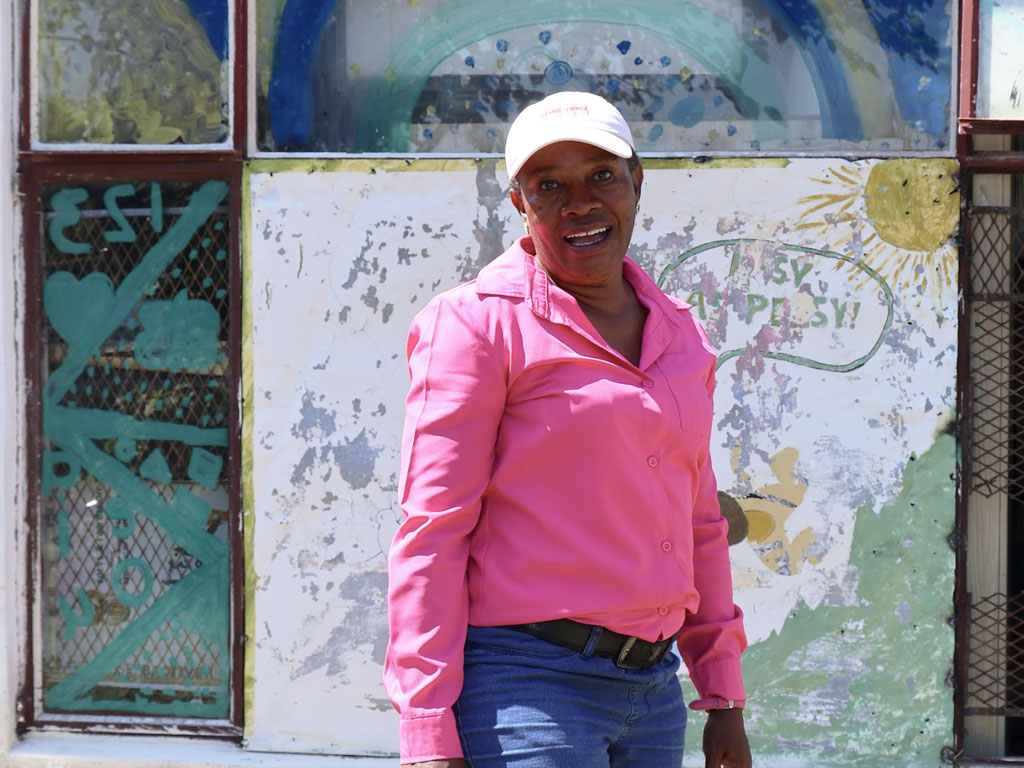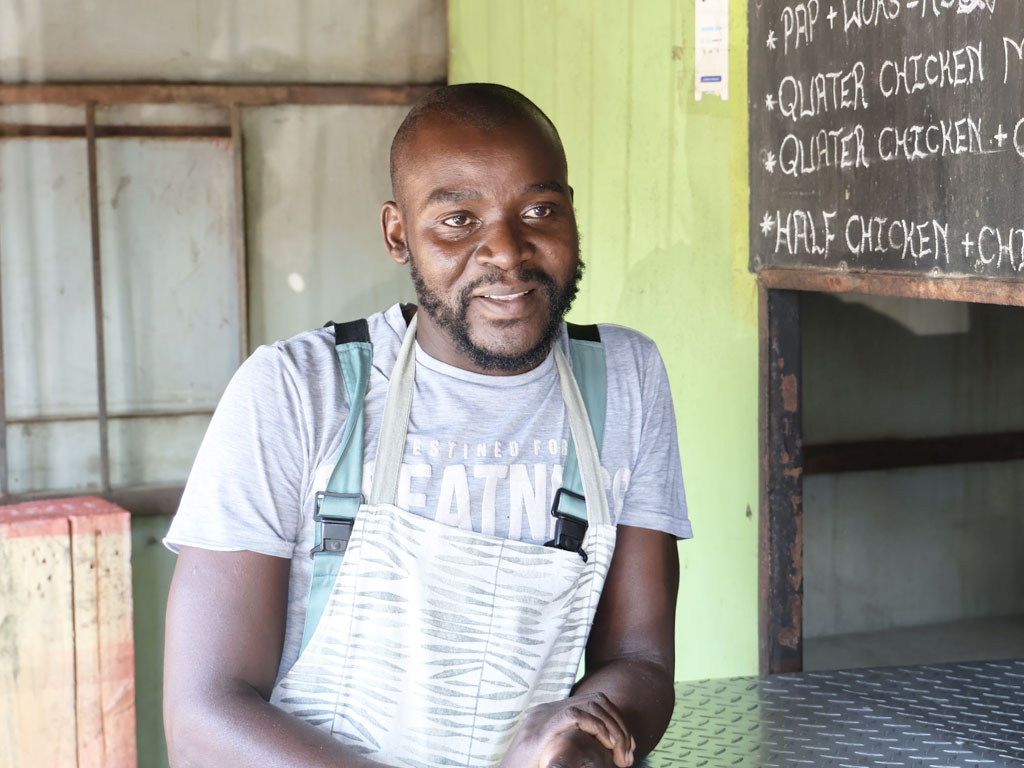
Thembisa pre-school leads the way in digital transformation (Thembisa)
In the heart of Thembisa, where traditional cash transactions have long been the norm, 26-year-old Tsietsi Paul Nkosi is quietly leading a digital revolution through an unlikely avenue. As the youngest principal in the area and one of few men in early childhood education, Nkosi has transformed Tiny Tots Educational Centre into a model for digital payment adoption in a few short years.
When Tiny Tots opened its doors in 2022, Nkosi was appointed as its first principal with just nine children enrolled. Today, the school bustles with 90 children aged six months to six years across five classrooms.
“The buck literally stops with me as principal,” says Nkosi, who studied journalism and communications at the University of South Africa before discovering his passion for education while working at Isiziba Primary School, also in Thembisa. “My responsibility is ensuring that our vision – ‘where little minds blossom’ – is what we deliver.”
Beyond the curriculum, the young principal has introduced digital payments to a mix of young and older parents, with the aim of reducing cash handling, providing greater convenience for parents and saving costs on bank travel time and expenses.
Today, nearly 70% of parents at Tiny Tots use digital payments, an impressive adoption rate that Nkosi attributes to several factors.
“Most of our parents are younger and already comfortable with digital payment systems and technology,” he explains. “But we’ve also been intentional about promoting digital literacy.”
The school manages its finances through an FNB business account, using electronic transfers to receive fees and pay suppliers and staff. This approach provides crucial audit trails for the school’s accountant and helps satisfy requirements for its upcoming South African Revenue Service tax registration and Unemployment Insurance Fund enrollment.
Challenges remain, however. Some parents – particularly older ones – still prefer cash payments because they’re uncomfortable using banking apps. “It’s not resistance to digital payments themselves,
“It’s fear of the complexity of using banking applications without proper training.”
Other barriers include bank fees, concerns about the upcoming VAT increase affecting affordability, and the fact that social grants sometimes don’t fully cover school fees.
Nkosi takes a proactive approach to addressing digital hesitancy. The school hosts regular parent meetings focused on digital payment education, includes payment expectations in contracts during parent induction, and provides one-on-one support for those struggling with online banking.
“We need to meet parents where they are,” says Nkosi. “We’ve considered setting up dedicated Wi-Fi and having staff available to help parents complete digital transactions. Understanding our clients’ needs and accommodating them is key to our success.”
For Tiny Tots, Nkosi says, digital payments offer advantages beyond convenience:
- Improved security by reducing cash on premises and lowering robbery risk
- Improved payment tracking and financial management
- Simplified audit processes for compliance with Gauteng Department of Education (GDE) regulations
- Meeting requirements for potential sponsors and funders who require formal financial systems
- Reducing fraud through transparent transaction records
“We say yes to digital business because it has a positive impact on our centre,” Nkosi emphasises. “Being able to track payments will help us grow our early childhood development centre.”
Lack of knowledge can lead to fear, he reflects
“But with proper training and support, digital payment adoption becomes not just possible but preferable for everyone involved.”
Tiny Tots is truly paving the way for a more financially inclusive future for the entire community.







